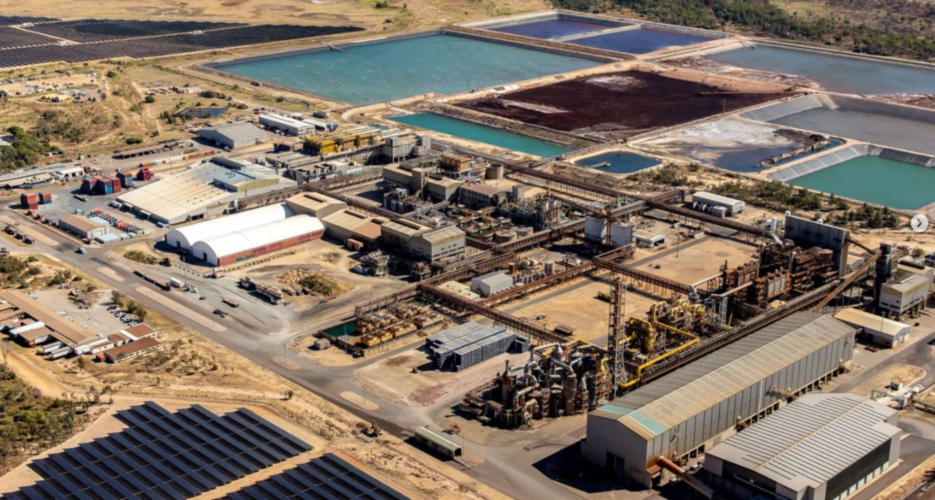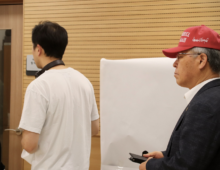$1.7 billion bid raises questions about the future of the company’s battery materials and renewable energy projects
Korea Zinc’s management is under pressure as its largest shareholder, Young Poong, has partnered with private equity firm MBK Partners to increase control over the company. Korea Zinc has resisted the move, calling it a hostile takeover attempt that could disrupt its long-term plans.
MBK Partners and Young Poong raised their offer on Thursday to about $565 (750,000 won) per share, a 14% increase from their previous bid. This would give the group control over 47.74% of Korea Zinc, valued at approximately $1.7 billion. The company’s shares jumped 6.5% following the revised bid, reaching 747,000 won.
Korea Zinc’s management is under pressure as its largest shareholder, Young Poong, has partnered with private equity firm MBK Partners to increase control over the company. Korea Zinc has resisted the move, calling it a hostile takeover attempt that could disrupt its long-term plans.
MBK Partners and Young Poong raised their offer on Thursday to about $565 (750,000 won) per share, a 14% increase from their previous bid. This would give the group control over 47.74% of Korea Zinc, valued at approximately $1.7 billion. The company’s shares jumped 6.5% following the revised bid, reaching 747,000 won.
Get your
KoreaPro
subscription today!
Unlock article access by becoming a KOREA PRO member today!
Unlock your access
to all our features.
Standard Annual plan includes:
-
Receive full archive access, full suite of newsletter products
-
Month in Review via email and the KOREA PRO website
-
Exclusive invites and priority access to member events
-
One year of access to NK News and NK News podcast
There are three plans available:
Lite, Standard and
Premium.
Explore which would be
the best one for you.
Explore membership options
© Korea Risk Group. All rights reserved.
No part of this content may be reproduced, distributed, or used for
commercial purposes without prior written permission from Korea Risk
Group.












